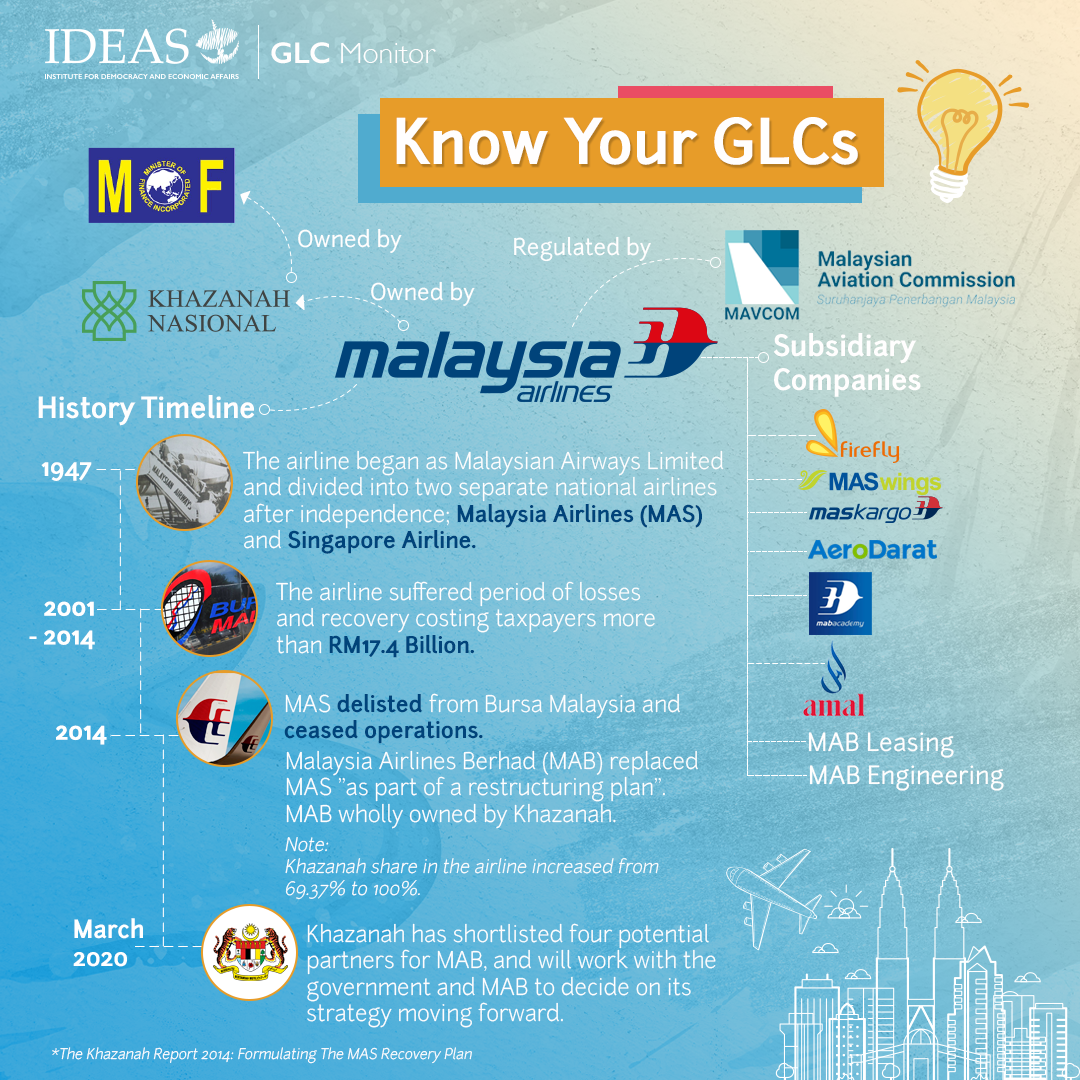Well, let me tell ya, a Government-Linked Company (GLC) is somethin’ a bit different from your regular company out there. You see, it’s a company where the government owns a part of it, usually more than 20%, and that gives ’em a big say in how things are run. Now, in some countries, they call it a state-owned enterprise or a parastatal, but all them fancy words mean about the same thing. These companies are supposed to do business just like any other company, tryin’ to make a profit, but the government got its hand in the pie, so to speak.
Now, what makes these companies special is that they ain’t just owned by the government for fun. Oh no. The government’s involved because these businesses help the country in different ways. Like, they might be in industries that are real important for the country, like energy, banking, or transportation. And let me tell ya, the government is lookin’ to make sure these companies do well, but also that they grow and compete on a global stage, just like the big players out there.

So, what do these companies do?
- Well, they run businesses just like private companies, but the government owns a chunk of ’em.
- They’re in charge of things that are important to the whole country, like power, water, and even some of the banks.
- They’re expected to make a profit but also have a bigger purpose – like creating jobs or supporting the economy.
- In some places, they try to be run like a regular business and don’t get special treatment from the government, but the government still owns a good piece of the pie.
Take Singapore, for example. They got a whole bunch of GLCs, and they do big business in all sorts of areas like telecommunications, oil, and even construction. Some of the biggest names include Singapore Airlines, Temasek, and DBS Bank. But even though they’re owned by the government, they’re expected to do things the same way private businesses do – make money and compete with others. The government ain’t just handin’ out money to them for nothing!
In other countries, like Malaysia, they got a whole lotta government-linked companies too. You’ve probably heard of Petronas, right? That’s one of the biggest GLCs in Malaysia. They deal with oil and gas, and the government owns a big share in it. Then there’s Tenaga Nasional, the electricity company, and Telekom Malaysia – a big player in telecommunications. And don’t forget Maybank, one of the biggest banks in the country. All these businesses are tryin’ to make money, but they’ve got the government’s influence behind ’em.
Why are these companies so important?
- They help support the country’s economy and bring in jobs. Without these companies, a lotta things that the country needs might not get done right.
- The government wants to make sure these companies are competitive. So, while they might have some government backing, they still gotta compete just like any other company out there.
- They help make sure the country’s resources, like oil or electricity, are used properly and don’t get wasted or run out.
But I’ll tell ya, not everyone loves these government-linked companies. Some folks say they can crowd out the private companies, especially when the government’s got a big stake in ’em. They worry that too much government control might stop the private sector from growin’ and doin’ their own thing. But, on the other hand, others say the government helps keep things stable and ensures that important industries don’t get left behind. It’s all a bit of a balance, ya know?
In the end, these government-linked companies are a mix of public and private. The government owns a good chunk, but the company still tries to make a profit like any other business. And while the government has some influence, these companies still have to compete with others, and they’re expected to be efficient, productive, and help the economy grow. That’s what makes a GLC different – it’s a business with a government twist!

Tags:[Government Linked Companies, GLC, State-Owned Enterprises, Parastatals, Public Enterprises, Corporate Sector, Government Ownership, Business, Economy]